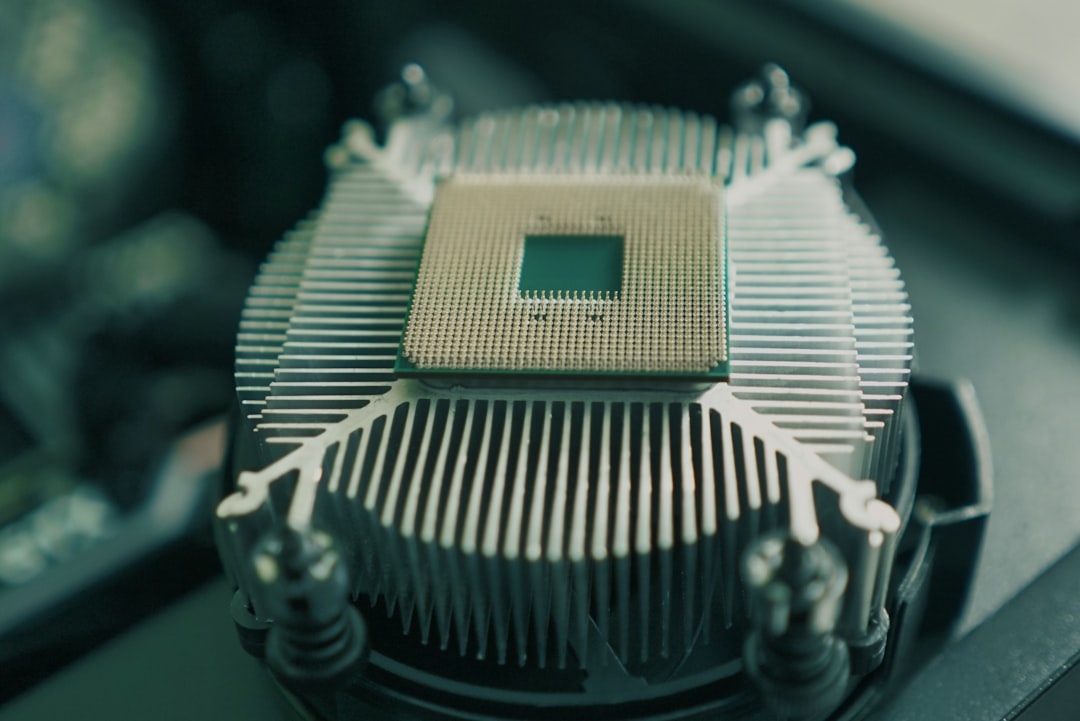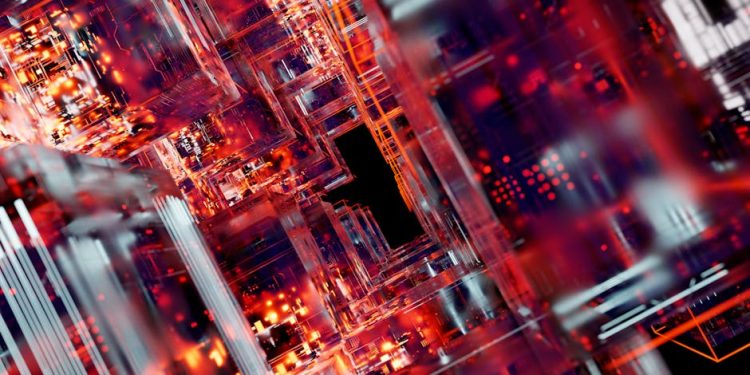No products in the cart.
Super Micro Computer: The Engine Behind AI’s Infrastructure Revolution
Super Micro Computer is surging amid the AI infrastructure boom. Discover how this tech company is shaping the future of AI and what it means for careers.
San Jose, California — As the sun sets over silicon valley, the air is thick with anticipation. Super Micro Computer, a company that has quietly positioned itself at the forefront of the artificial intelligence revolution, is experiencing a market surge that is turning heads across the tech landscape. This is not just a story about numbers and stock prices; it’s a narrative of innovation, resilience, and the relentless pursuit of progress.
Founded in 1993, Super Micro Computer has long been a player in the server and storage solutions market. Yet, it is the recent explosion of AI technologies that has catapulted the company into the limelight. With businesses across sectors racing to harness AI’s power, Super Micro has become an essential partner in building the infrastructure that fuels this digital renaissance.

The backdrop to this surge is a world increasingly reliant on data. Every second, vast oceans of information are generated, analyzed, and utilized. According to a recent report by Gartner[1], global spending on AI systems is projected to reach $500 billion by 2024. Companies are not just investing in algorithms and software; they are investing in the hardware that supports them. Super Micro’s high-performance computing solutions, designed specifically for AI workloads, have seen a sharp increase in demand. In the second quarter of 2025, the company reported a staggering 45% increase in year-over-year revenue, with AI-related products accounting for a significant portion of that growth.
 Communication
CommunicationLeadership Lessons from The West Wing: Communication Strategies for Today’s Professionals
Explore how The West Wing’s lessons can enhance your leadership skills in high-pressure environments, focusing on communication and integrity.
But what does this mean for the average worker? The rise of AI infrastructure presents both challenges and opportunities. For those looking to enter the tech field, the demand for skilled professionals is on the rise. Roles in data science, machine learning engineering, and AI ethics are becoming increasingly valuable. As companies like Super Micro expand, they are not only creating jobs in engineering and development but also in sales, marketing, and support roles.
For those looking to enter the tech field, the demand for skilled professionals is on the rise.
Moreover, the landscape is shifting. Traditional notions of work are evolving as remote and hybrid models become the norm. Super Micro, like many tech companies, has adapted to this change, offering flexible working arrangements that appeal to a younger workforce. The emphasis on work-life balance and mental well-being is no longer a perk but a necessity in attracting and retaining talent.
Amid this shift, however, there are concerns. The rapid advancement of AI technologies raises questions about job displacement. For every new role created, there is a fear that another may be rendered obsolete. A recent study from McKinsey[2] predicts that by 2030, up to 30% of jobs could be automated. It’s a sobering reminder that while the AI boom offers promise, it also demands adaptability and continuous learning.
 Career Advice
Career AdviceStrategic Career Moves: Mastering High-Stakes Decision Making
Learn how to navigate high-stakes decisions in your career with effective strategies and insights on negotiation and risk assessment.
Read More →As we gaze into the future, the role of companies like Super Micro becomes even more critical. They are not just suppliers of technology; they are enablers of a new way of working and thinking. Leaders in the tech industry must prioritize upskilling and reskilling initiatives, ensuring that their workforce is equipped to navigate the evolving landscape.
In the coming years, the conversation surrounding AI will only intensify. Policymakers, educators, and business leaders must collaborate to create frameworks that support innovation while safeguarding workers. Super Micro’s surge is a testament to the potential of AI, but it also serves as a call to action for all of us. The future of work is being written now, and each of us has a part to play in shaping it.
Leaders in the tech industry must prioritize upskilling and reskilling initiatives, ensuring that their workforce is equipped to navigate the evolving landscape.
As we embrace this new digital frontier, we must remember that technology is a tool, not a replacement. The human touch remains irreplaceable. In a world where AI drives efficiency, empathy, creativity, and critical thinking will set us apart. The question isn’t whether AI will transform our careers; it’s how we will adapt to harness its potential while preserving the essence of what makes us human.
 Career
CareerWired Seeks Tech Reporter: A Gateway to Specialized Journalism Careers
Wired's search for a tech reporter highlights a growing demand for specialized journalists, offering a compelling career path for young…
Read More →










